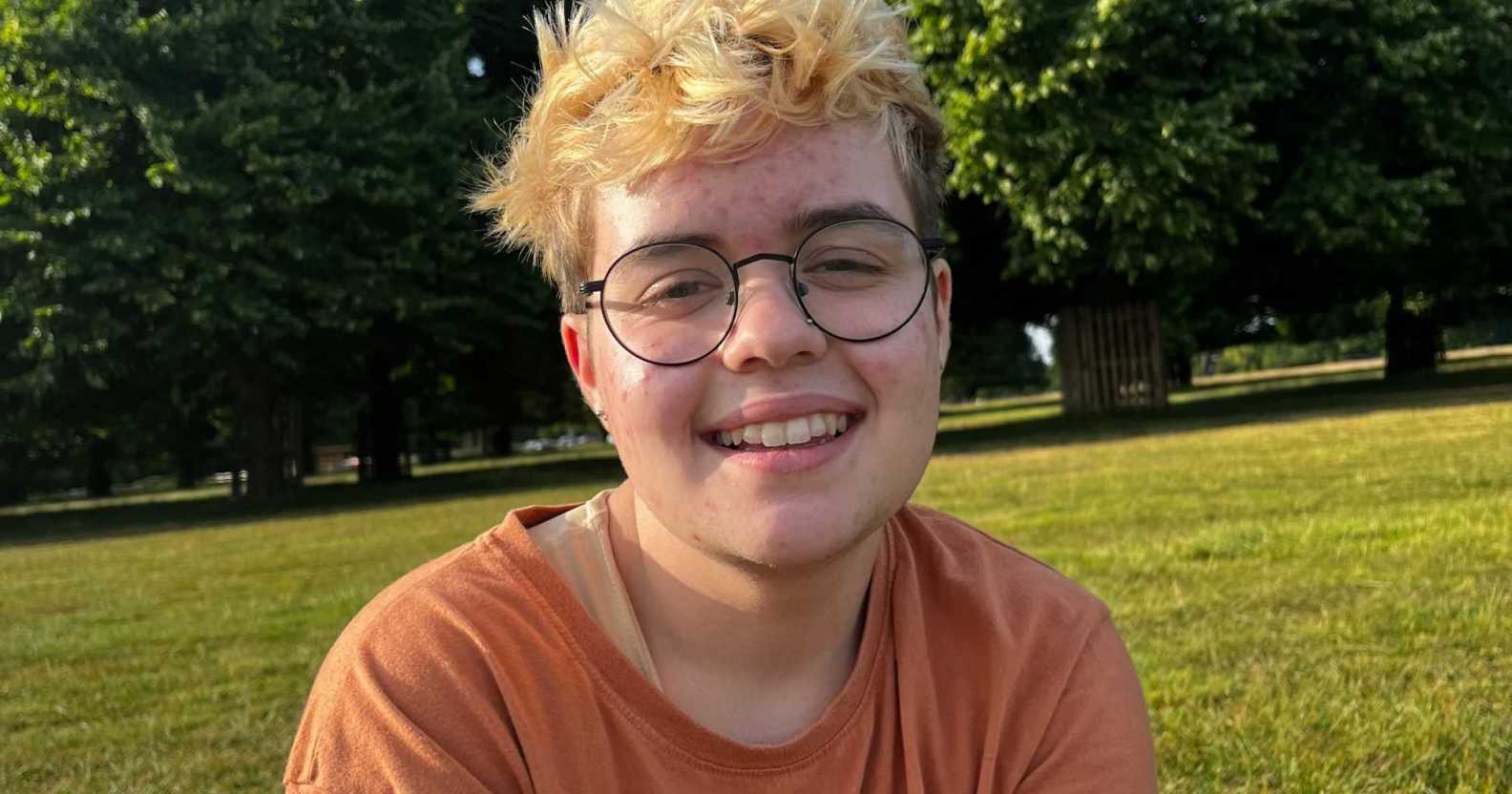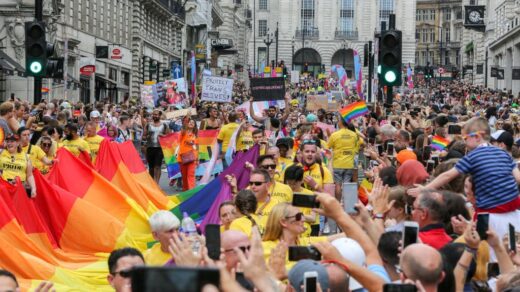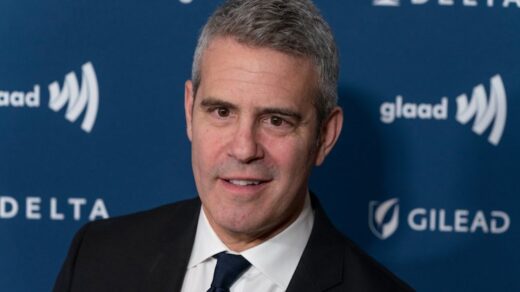Celebrating LGBTQ+ identities in school changed my life as a young trans person
Author: Reiss Smith

Beckett Seaton-Bailey, an ambassador for LGBTQ+ young people’s charity Just Like Us, explains how school diversity week changed his life.(Supplied)
Beckett Seaton-Bailey, an ambassador for LGBTQ+ young people’s charity Just Like Us, explains how school diversity week changed his life as a young trans person.
My first exposure to trans identities was at a friend’s house watching a documentary when we were 12. As I watched, I saw the puzzle pieces of my life fall into place. I related heavily to what the boy on the screen was describing, and finally felt like I could fit in somewhere.
Naturally, I was excited. I rushed to tell my best friend’s mum about this new discovery: transgender people. I was buzzing as I told her about this boy, and how he was “born in a girl’s body but was actually a boy”, and how maybe I didn’t have to be a girl.
Until I was cut off. A dismissive remark, telling me this was something I was not allowed to be. And so, that was that.
I tried to be a girl. I tried so hard to fit in, but I knew it wasn’t right. Every night, under my duvet, I’d watch videos of trans men being proud of who they were and read articles about what it meant to be trans, and I knew this was exactly who I was. I thought this must be a secret I had to keep forever. I was terrified of confiding in any adult, fearing that their reaction would be the same as my best friend’s mum.
Luckily, this didn’t last forever. At 14, I encountered my first real life positive representation. In a Lush store, in Brighton, I met an openly transgender man. Just seeing him and talking to him gave me so much hope. He showed me that maybe I didn’t have to hide, that maybe I could have a future where I could just be me.
This experience didn’t mean I was ready to come out at school, however.
I’m 20 now – I started secondary school the same year same-sex marriage was legalised in the UK. Despite the progress for LGBTQ+ rights we’ve seen in Britain, being LGBTQ+ in school was still tough.
When I look back, I think most of the negativity I experienced in those first few years stemmed from ignorance – at the time we had absolutely no education on LGBTQ+ identities. When they came up, it was usually part of a debate in religious studies on whether homosexuality was a sin or not. And in these early years, there was absolutely no mention of trans people in the classroom.
When I realised who I am, I still had a lot of anxiety, and I had no idea if anyone at school – teachers included – would support me. There was no positive messaging or guidance for me to turn to.
It wasn’t until my GCSE year, the year my school first celebrated School Diversity Week, that I saw positive messages about being LGBTQ+ at school for the first time. There were posters up on the walls, rainbow pins being worn and people actually discussing why this was necessary. Productive, positive conversations were being had between teachers and students.
It didn’t feel like being LGBTQ+ was a secret anymore. Finally, adults were showing me that I could talk to them, that I was safe.
This change gave me the confidence to come out by the time I got to sixth form. There was no malicious questioning, no weird looks. In fact, when I walked into my first class with my new name and pronouns, the girl I sat next to reacted with a kind “oh, that’s cool”, and simply moved on.
I joined Just Like Us as a volunteer as soon as I left sixth form. I wanted to help provide the positive real-life representation I desperately needed when I was first figuring out my identity – that life-changing representation I so luckily encountered, because I happened to have stumbled into the right place at the right time.
Representation and validation shouldn’t be something that LGBTQ+ young people are “lucky to stumble across”. This is something every young person is entitled to.
School Diversity Week improved my life and is improving the lives of so many LGBTQ+ young people. Not only does it provide crucial representation for LGBTQ+ young people, helping to make school a safe space, it also serves to educate non-LGBTQ+ people.
One of the biggest things you can do as a cisgender, heterosexual ally is get educated, ask questions, and just be exposed to the LGBTQ+ community, so you can understand that we aren’t as different as you might think.
How did this story make you feel?
Sending reaction…
Thanks for your feedback!
Actual Story on Pink News
Author: Reiss Smith





